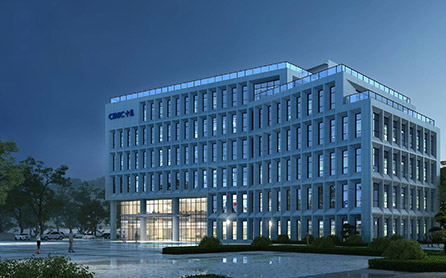

- Home
- Product
- Solution
-
News
News
Stay updated with the latest developments of CIMC Xinhui
Timely dissemination of real-time industry news
Documenting the robust growth of CIMC Xinhui

-
About
About
Wholly-owned Subsidiary of CIMC Group
National High-Tech Enterprise
Container Manufacturing and R&D Base in the Guangdong-Hong Kong-Macao Greater Bay Area

-
Contact Us
Contact CIMC
Welcome to contact us anytime and anywhere
Honesty is the first step in cooperation
Please leave a message online if you have any question





















